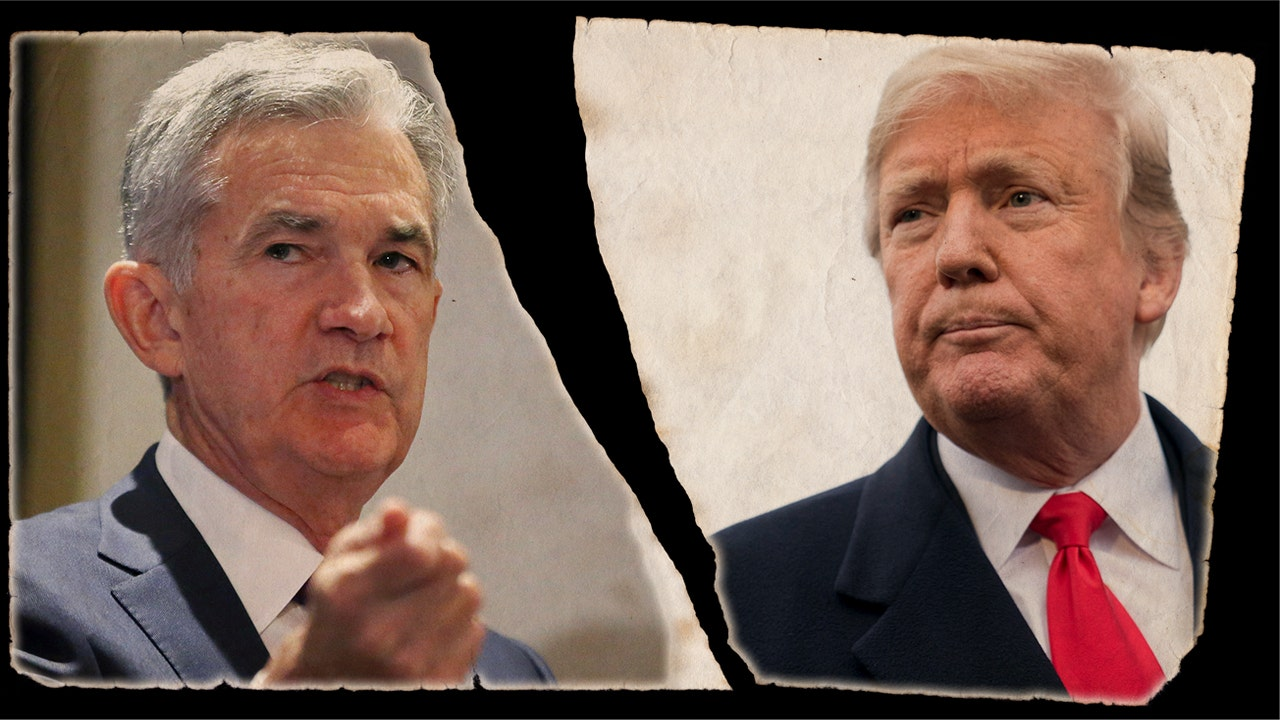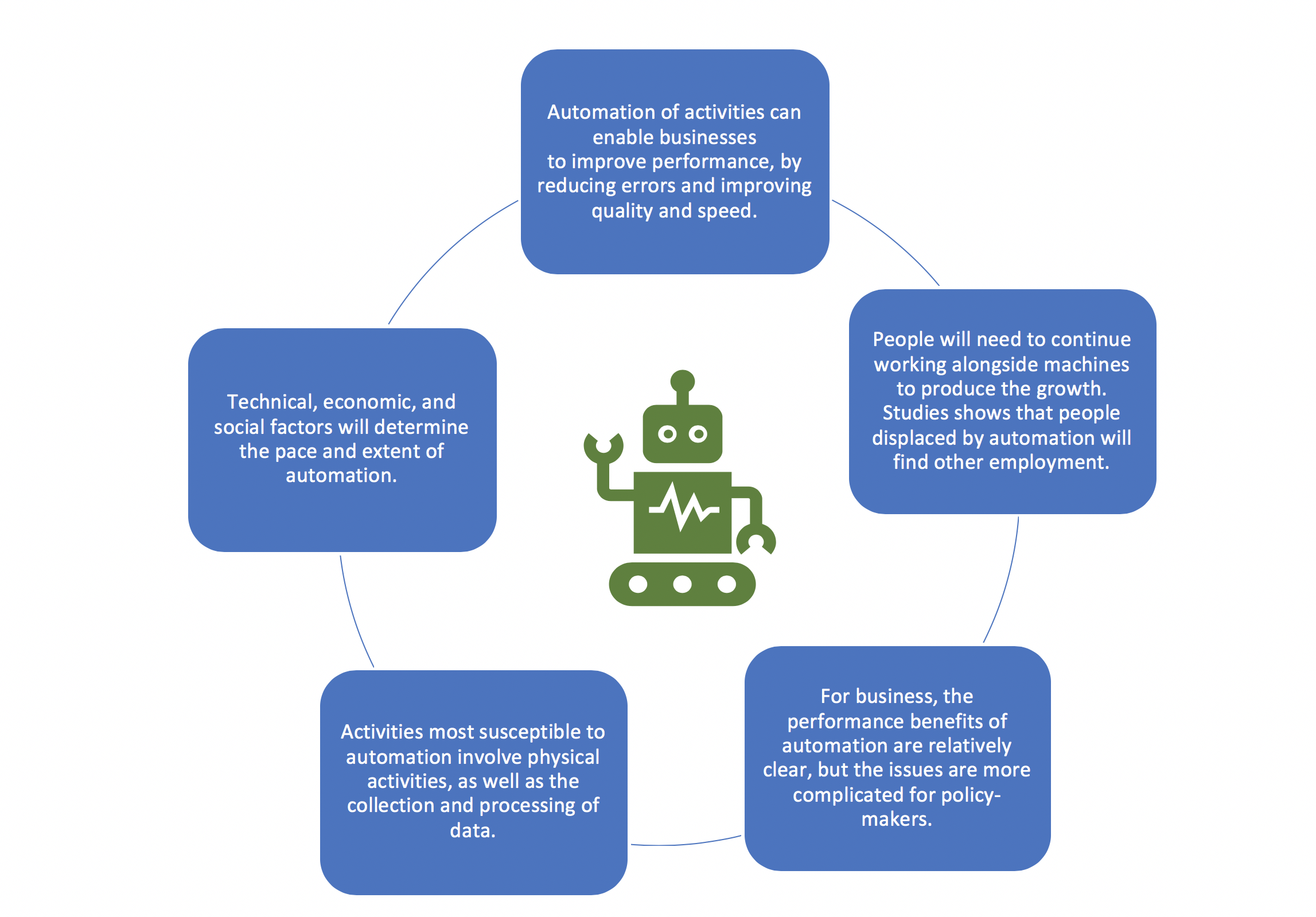In the complex landscape of U.S. economic management, the question looms: can Trump fire Fed chairman Jerome Powell? The tension between President Trump and Powell has been palpable, particularly as the Fed’s independence faces scrutiny amidst political pressures. Trump’s frustration with Powell’s monetary policies has led to speculation about the potential for a Jerome Powell termination before his term concludes. Such a dramatic move could significantly impact economic policy and provoke a swift market reaction, unsettling investors and analysts alike. Amidst this backdrop, the dynamics of presidential authority over the Federal Reserve raises critical questions about the institution’s future and its commitment to maintaining market stability.
The ongoing debate over whether a sitting president can legally dismiss the chairman of the Federal Reserve, particularly in light of President Trump’s contentious relationship with Jerome Powell, signals larger implications for U.S. monetary policy. As discussions continue on Powell’s potential removal, the focus shifts to the repercussions such an action could have on the central bank’s independence and the overall economy. Observers are particularly concerned about how a change in leadership might influence the Federal Reserve’s approach to managing inflation and interest rates. With the markets sensitive to any signs of instability, this situation highlights the intricate balance between executive power and independent regulatory bodies. The prospect of altering the Fed’s leadership raises essential considerations for the future of American economic governance.
Can Trump Fire Fed Chairman Jerome Powell?
The question of whether President Trump can fire Federal Reserve Chairman Jerome Powell is a complex one that involves legal interpretations and the boundaries of presidential authority. Under the Federal Reserve Act, while the governors of the Fed can be removed for cause, the legal framework surrounding the FOMC chair’s termination is less clear. Trump’s fraught relationship with Powell, marked by public criticisms and policy disagreements, adds to the uncertainty. In recent discussions, legal scholars have debated the implications of a potential ousting not only on Powell’s future but on the institutional independence of the Federal Reserve itself.
Any decision by Trump to pursue such an action could have significant repercussions on the financial markets. Analysts have expressed concern that such an unstable move might signal a departure from the Fed’s carefully curated independence, leading to increased volatility and uncertainty among investors. The very act of contemplating Powell’s termination illustrates the delicate balance between presidential authority and the Fed’s mandate to control inflation and oversee monetary policy without political pressure.
Impact of Jerome Powell’s Possible Termination on Economic Policy
The potential impact of removing Jerome Powell from his position as Fed Chairman extends beyond mere governance issues into the realm of broader economic policy. Historically, the Fed’s independence has been a cornerstone of U.S. monetary policy, allowing it to make decisions aimed at maintaining price stability and full employment without undue political influence. If Trump were to remove Powell, it could lead to a shift in monetary policy towards a more aggressive, growth-oriented stance, depending on the successor appointed. This could subsequently lead to tensions between short-term economic growth and long-term inflation stability.
Moreover, a new chair could cause shifts in the approach to interest rates and other monetary tools that may destabilize current market expectations. If the markets perceive that the Fed will loosen its grip on inflation, they may react negatively, leading to increased long-term interest rates and higher borrowing costs for consumers and businesses alike. Investors are likely cautious about the implications for future economic policies, coupling this uncertainty with a desire for fiscal stability, which serves to highlight the significant role the Fed plays in shaping economic landscapes.
Market Reactions to Federal Reserve Leadership Changes
Market reactions to Federal Reserve leadership changes can be immediate and pronounced. The prospect of firing a Fed chair like Jerome Powell naturally causes anxiety among investors and analysts alike, as it raises questions about the continuity of monetary policy. Historically, disruptions of this nature have led to increased volatility in financial markets as participants reassess their economic forecasts based on new leadership. Expectations about future interest rates, inflation targets, and overall economic growth can dramatically alter market behavior, reflecting the intrinsic connection between Fed policies and market dynamics.
In the case of Trump signaling a possible termination of Powell, markets could react swiftly, leading to increased selling pressure on stocks and heightened uncertainty in bond markets. Investors may fear that any succeeding chair would bend to political pressures rather than adhere to the Fed’s historically independent mandate, which could jeopardize long-term economic stability. Consequently, the psychological effects of perceived instability in such a critical institution could lead to significant market sell-offs, illustrating the delicate nature of the intersection between political actions and economic outcomes.
The Independence of the Federal Reserve and Presidential Authority
The independence of the Federal Reserve is foundational to its effectiveness in managing the economy. This autonomy allows the Fed to make decisions based on economic indicators rather than political pressures, preserving its integrity as an independent body. When discussing the possibility of Trump firing Powell, it raises larger questions about the boundaries of presidential authority over independent agencies. Legal interpretations suggest that while the president has some power to influence the Fed, outright removal without cause could undermine the very essence of its independence.
The Supreme Court’s stance on executive authority could further complicate the narrative of presidential power over the Federal Reserve. Recent judicial trends have suggested a shift in favoring broader presidential powers, which might challenge the notion of the Fed’s independence established by legislative frameworks. Yet, this potential shift is not without risk—an erosion of the Fed’s independence could lead to a lack of trust in the institution, adversely affecting its ability to manage inflation and maintain economic stability.
The Future of Monetary Policy: Could a New Chair Redirect Goals?
The appointment of a new chair after Jerome Powell could signal a redirection of the Federal Reserve’s monetary policy goals. If Trump were to act on his intent to fire Powell, the new chair might adopt a more aggressive monetary policy stance, particularly if they align closely with the current administration’s priorities and objectives. This shift could influence not only interest rates but also the broader economic outlook, as a chair more inclined to favor expansionary policies could propel short-term growth efforts at the expense of long-term economic health.
However, the impending choice of a new Fed chair would also be scrutinized by both the market and legislators, as the need for credibility and independence remains paramount. The Fed’s history demonstrates that a repeated cycle of appointing politically aligned chairs can undermine the institution’s credibility, leading to a cautious approach among investors. In future appointments, both the qualifications of the candidate and their alignment with the Fed’s foundational independence will play critical roles in determining the trajectory of U.S. economic policy.
Understanding the Legal Framework of Fed Chair Termination
Understanding the legal framework surrounding the potential termination of a Federal Reserve chair is crucial in dissecting the issues at hand. The Federal Reserve Act presents a rather convoluted interpretation regarding this authority, suggesting that while governors can be removed for cause, the FOMC chair’s situation remains ambiguous. Legal experts continue to debate whether the Supreme Court could find grounds to uphold a presidential removal, potentially setting precedents that alter the delicate balance between executive power and institutional independence.
Analyzing the implications of such legal interpretations is vital for market participants who base their strategies on the premise of stable governance within the Fed. Should the Supreme Court lean towards granting the president greater authority over agency heads, it could redefine operational dynamics within the Fed, causing market confidence to waver. Understanding these critical legal frameworks can shed light on the vulnerabilities and resiliency of the Federal Reserve as it navigates political landscapes in a highly interconnected global economy.
Historical Context of Fed Chair Appointments and Removals
The historical context of Federal Reserve chair appointments and removals sheds light on the significance of gifts and challenges that come with such roles. Traditionally, Fed chairs have maintained a substantial degree of independence, allowing them to prioritize the long-term health of the economy over short-term political gains. Examining past removals or pressures faced by Fed chairs illuminates the intricate relationship between the presidency, Congress, and the institution, offering insights into how these dynamics have evolved over time.
For instance, previous conflicts, such as those involving former chairs like Paul Volcker and Alan Greenspan, highlight the tension between monetary policy objectives and political pressures. These historical instances provide a roadmap for understanding potential outcomes should Trump act on his threats against Powell. Through this lens, the market reactions observed during such turbulent periods demonstrate the fragile nature of the Fed’s integrity and independence amidst political machinations.
Investor Sentiment and the Role of the Fed’s Chair
Investor sentiment towards economic stability and growth is intricately tied to the leadership of the Federal Reserve’s chair. Jerome Powell’s leadership has ushered in a period of relative stability, with investors generally responding favorably to his handling of monetary policy amidst unpredictable economic conditions. However, the prospect of his removal could lead to dwindling confidence in the Fed, as investors often look for consistency in leadership to navigate the complexities of economic policy.
If Trump were to follow through with plans to fire Powell, the potential for unsettling market dynamics becomes a significant concern. Investors are keenly aware that any disruption in the leadership could lead to shifts in policy that might neglect the Fed’s dual mandate of managing inflation and promoting maximum employment. Consequently, such sentiments underscore the importance of maintaining a stable governance structure to foster market trust and economic predictability.
The Intersection of Politics and Monetary Policy
The intersection of politics and monetary policy is a pivotal aspect of how the Federal Reserve navigates its independence while serving the broader economic goals of the country. Historically, this relationship has been fraught with tension, primarily when political leaders exert pressure on the Fed to accommodate their agendas. Trump’s open dialogue regarding Jerome Powell’s performance exemplifies this dynamic, raising urgent questions about the implications of political influences on the Fed’s autonomy and functionality.
The delicate balance between adhering to political pressures and maintaining a sound monetary policy framework is a challenge that confronts the Fed continuously. Market participants often interpret indications of political encroachments as threats to the Fed’s integrity, leading to hesitancy in investment behaviors. The ongoing dialogue around Trump’s potential removal of Powell thus serves as a case study in understanding how intertwined politics and economic policy can be, ultimately shaping the immediate and long-term trajectories of the economy.
Frequently Asked Questions
Can Trump fire Fed chairman Jerome Powell?
Yes, technically, President Trump has the authority to fire Federal Reserve Chairman Jerome Powell, but such an action is complex and could undermine the Federal Reserve’s independence. The Federal Reserve Act allows for removal ‘for cause,’ but the interpretation of what constitutes ’cause’ is subject to legal debate.
What would be the economic policy impact if Trump fires the Fed chairman?
If Trump were to fire Jerome Powell, it could trigger significant economic policy impacts, including market instability and rising long-term interest rates. This is because markets often respond negatively to perceived threats to the Fed’s independence, fearing tighter monetary policy may follow.
How has Trump’s relationship with Jerome Powell affected market reaction to the Fed?
Trump’s contentious relationship with Jerome Powell has caused market jitters, particularly when Trump publicly criticized Powell for not being aggressive enough with interest rate cuts. Market reactions can often reflect fears of decreased Fed independence and uncertainty about future monetary policy.
What are the concerns regarding Federal Reserve independence if Trump were to terminate Powell?
Terminating Powell could severely damage the Federal Reserve’s longstanding independence, leading to a loss of credibility as an inflation fighter. This could result in markets losing trust in the Fed’s ability to manage inflation, which might cause long-term rates to rise and increase borrowing costs.
What legal arguments exist regarding the potential termination of Jerome Powell?
Legal arguments center around the interpretation of the Federal Reserve Act’s ‘for cause’ removal clause. While presidents historically have not removed Fed chairs without cause, recent Supreme Court rulings suggest the potential for shifting interpretations of executive authority over independent agencies like the Fed.
What would be the market reaction to Trump potentially firing Jerome Powell?
Market reactions to the prospect of Trump firing Powell could be severe, leading to increased volatility and higher long-term interest rates. Investors typically fear that such a move could indicate a shift towards a looser monetary policy, undermining the Fed’s credibility.
How much power does the Fed chairman have in shaping monetary policy?
While the Fed chairman is a critical figure within the Federal Open Market Committee (FOMC), the position does not allow for unilateral dictation of policy. Successive chairs, including Powell, have needed to work collaboratively with governors to forge consensus on monetary policy.
Would replacing Powell calm market fears over Fed policy?
Even if Trump were to replace Powell, the transition itself could heighten market fears regarding intent for a more accommodative monetary policy. Stability for markets may come from allowing Powell to finish his term, with new nominations considered only after.
| Key Point | Details |
|---|---|
| Trump’s Relationship with Powell | Trump’s dissatisfaction with Powell’s reluctance to cut interest rates and concerns about inflation and growth. |
| Legality of Firing Powell | There is legal ambiguity surrounding the president’s power to fire the Fed chair, stemming from interpretations of the Federal Reserve Act and Supreme Court precedents. |
| Market Reactions | Fear of Powell’s removal could undermine market confidence in the Fed and raise long-term interest rates. |
| Fed Chair’s Influence | While the chair is influential, they cannot unilaterally dictate monetary policy; consensus is often required among FOMC members. |
| Future of the Fed | Markets are likely to closely watch who Trump might nominate as Powell’s successor if he chooses not to allow him to finish his term. |
Summary
Can Trump fire Fed chairman? This compelling question arises from the tumultuous relationship between Trump and Fed Chair Jerome Powell. With Trump’s dissatisfaction regarding monetary policies, the legality and implications of firing Powell have vital ramifications for market stability and the Federal Reserve’s independence. While Trump suggested potential ousting, legal experts emphasize hesitance due to anticipated market backlash and complex interpretations of the authority he holds over independent agencies. Ultimately, maintaining Powell may be beneficial to safeguard market confidence in the Federal Reserve.



